Coronavirus warriors in Spain opt for Donkey Therapy
By Lokmat English Desk | Published: October 22, 2020 08:03 PM2020-10-22T20:03:45+5:302020-10-22T20:03:45+5:30
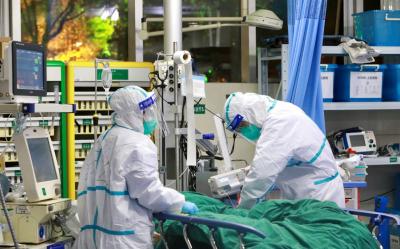
When someone places a 10-day-old colt in her arms, Monica Morales squeals with delight, visibly relaxed after a few hours unwinding at El Burrito Feliz -- "The Happy Little Donkey" -- an association offering free donkey therapy sessions to medics fighting the virus.
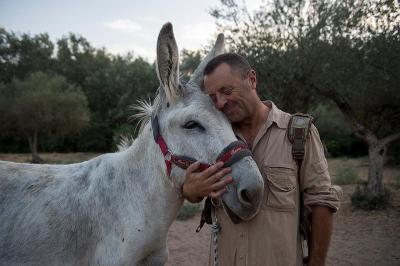
Known as animal-assisted therapy, such encounters can help with a range of physical and mental disorders, including stress, depression and anxiety.
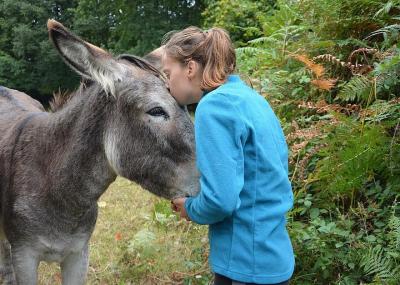
Although such therapy is more associated with horses, experts say donkeys are better suited to helping mental or emotional disorders given their gentle nature and intuitive respect for personal space. "The situation is quite overwhelming, what we went through before is now happening again," says Morales, 25, who spent months working in a Madrid hospital when the pandemic hit. She is now based in the south as Spain faces a second wave.
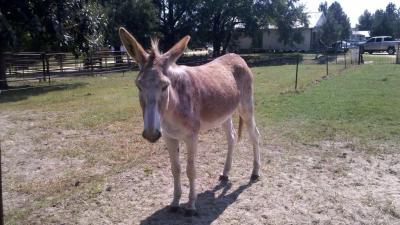
"There are more and more patients, and growing tensions among colleagues so being here with these donkeys is really helping." Located by a sprawling forest on the edge of Andalusia's Donana National Park in southern Spain, El Burrito Feliz is a non-profit association with 23 donkeys that have worked with Alzheimer's patients and children with problems.
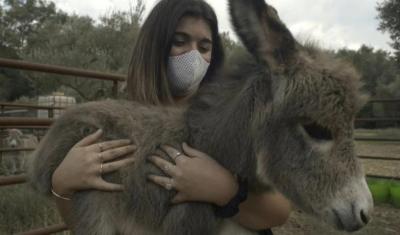
The "Doctor Donkey" project began in late June as a way of offering respite to frontline workers battling a virus that has killed some 33,400 people, infected more than 900,000, and left medics traumatised and exhausted.
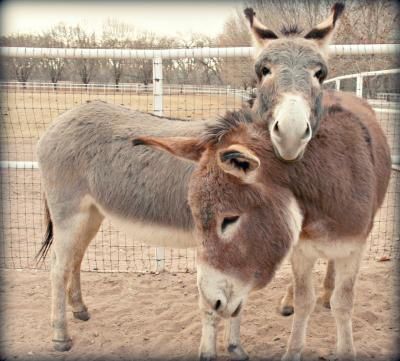
The huge stress created through the daily struggle with Covid-19 exhausts them, so here they can be strengthened through therapy with the donkeys," explains Luis Bejarano, 57, who runs El Burrito Feliz."They can recharge their batteries to keep fighting another day."Bejarano says the idea came from a book about Japan's therapeutic forests where people spend time among trees to reduce stress and depression as an alternative to therapy. "The situation generates a lot of anxiety and stress because of the risk of getting infected, or passing it on to colleagues, family members or other patients who are more fragile than usual," says 31-year-old oncologist Mari Paz Lopez.























